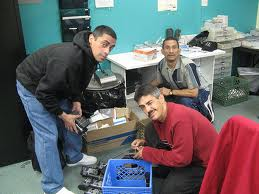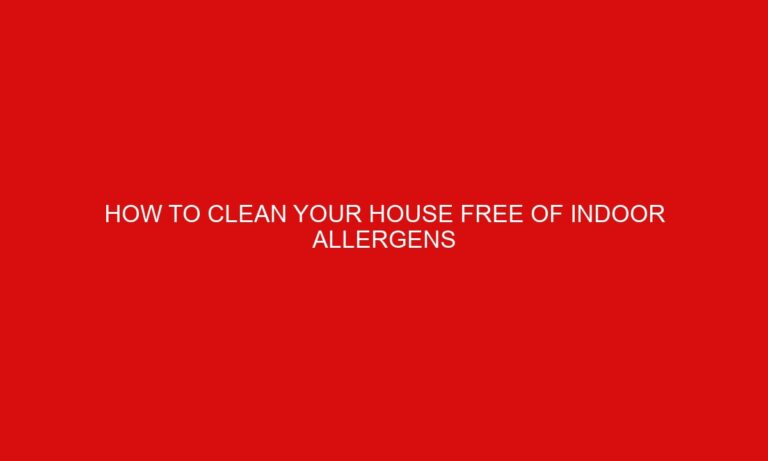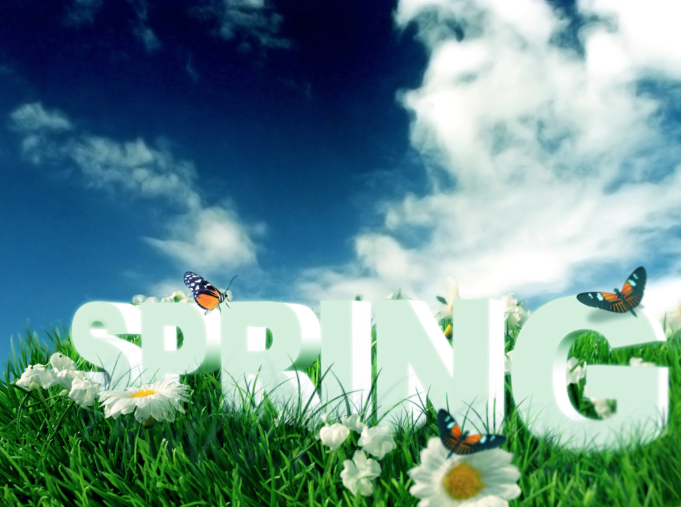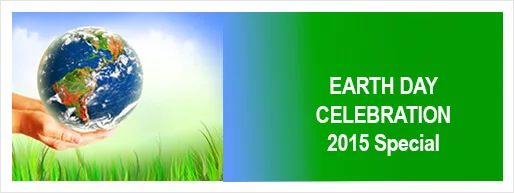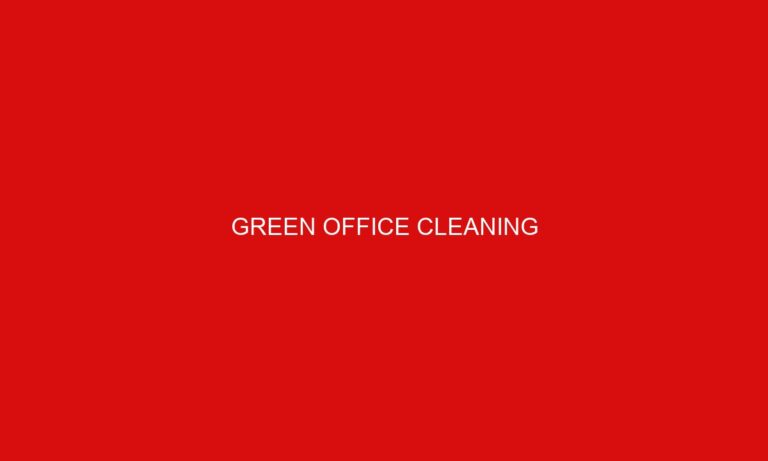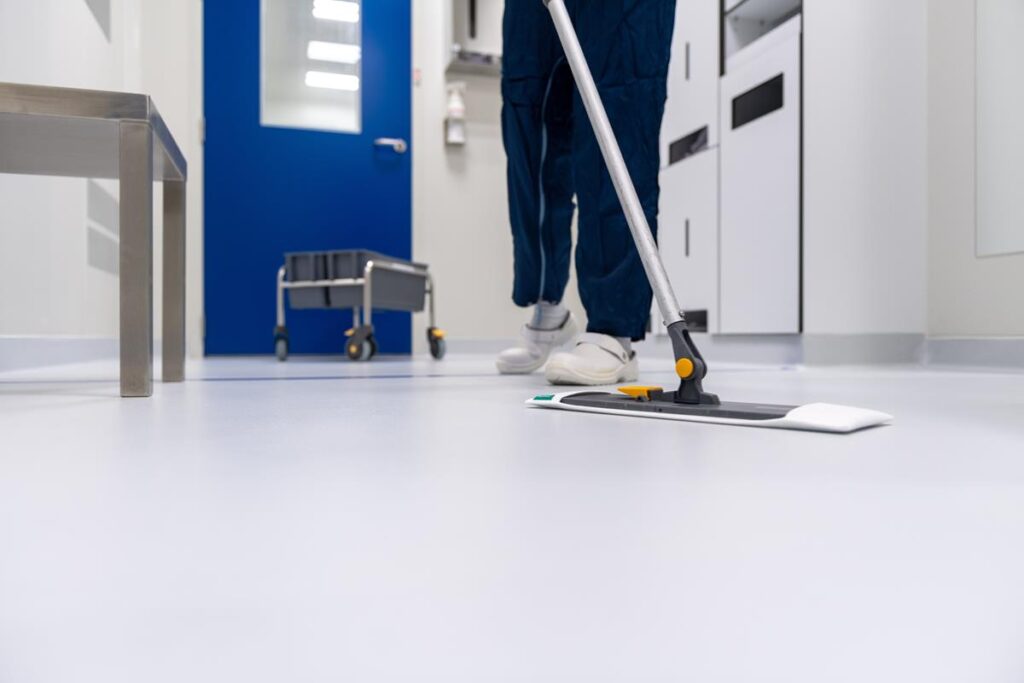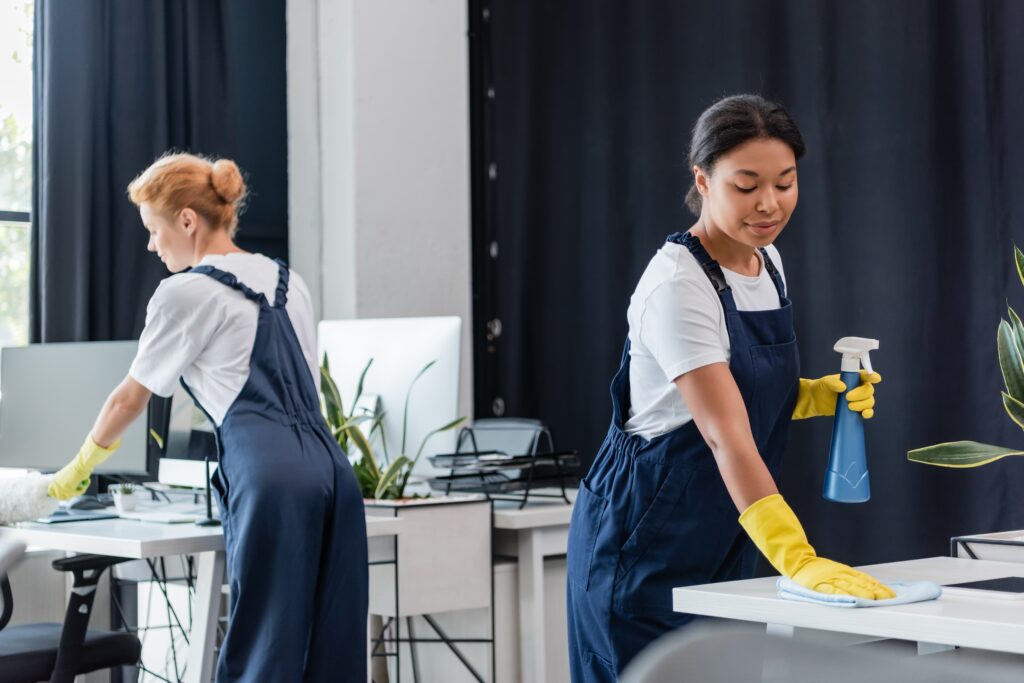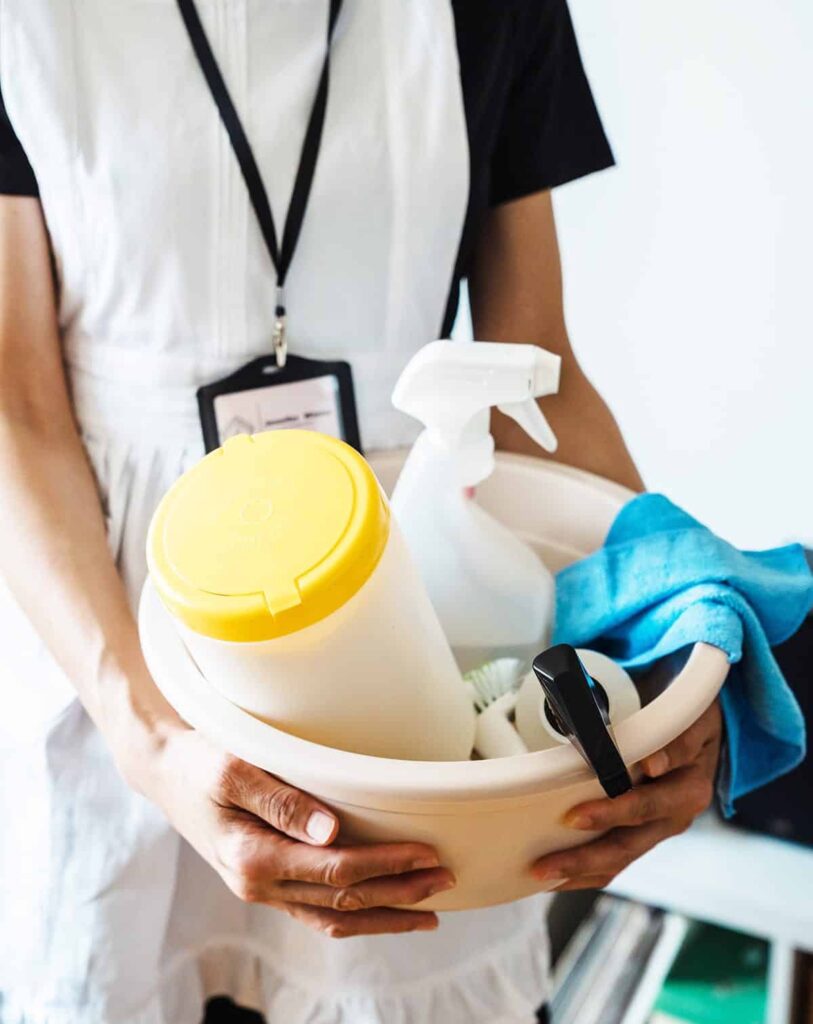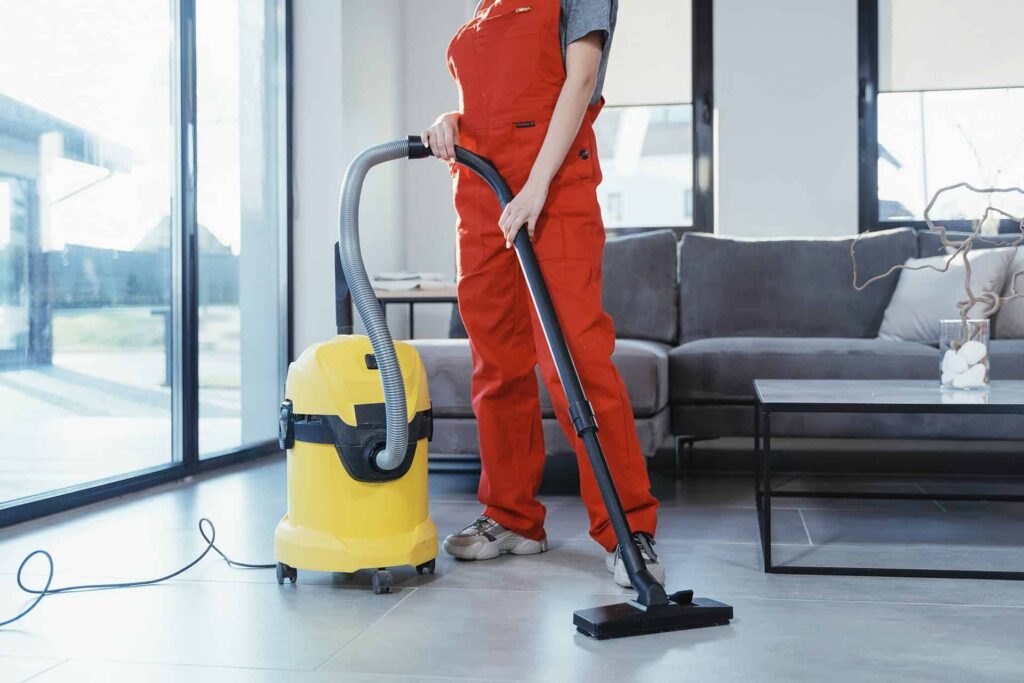Keep the Earth Clean by Preventing Pollution
Keep the Earth Clean by Preventing Pollution
Written by:
Air is one of, if not the most, essential resource that life depends on. This means that pollution of the air is almost automatically a serious problem that impacts all areas of life. It can comes from natural sources, such as volcanoes, and artificial sources, such as human activity. This human activity includes everything from burning wood to exhaust from cars and smoke from factories. While there is very little anyone can do about natural sources of air pollution, there are a wide variety of things that people can do to reduce pollution that is caused by human beings.
Learning the Facts
Air pollution is responsible for roughly 200,000 deaths every year in the United States as of 2013, according to the Massachusetts Institute of Technology. In addition, air pollution impacts California the most, with over a tenth of all deaths occurring in that state. Despite this, however, air pollution levels are down from the levels they had achieved in the 1970s; this is largely due to pollution control regulations, such as the Clean Air Act of 1970. Still, more than 40 percent of Americans were found to be living in areas with unhealthy levels of pollution as of 2012, with over 46 million living in places where particle pollution is rated as “deadly”. Air pollution also includes contaminants such as methane, carbon dioxide, and other emissions known as “greenhouse gases”, which contribute to global warming and potentially harmful climate change.
- National Geographic: Air Pollution
- Key Findings for 2010-2012
- The Facts About Air Quality and Coal-Fired Power Plants (PDF)
- Air Pollution Causes 200,000 Early Deaths Each Year In The U.S.
The Causes
When examining the cause of pollution, most people think of the human influence. Human activities are a major contributor to air pollution. Carbon dioxide, which is one of the primary pollutants in the air, is caused by the burning of fossil fuels, such as flying planes, power plants, and driving cars.
While humans are a large contributor to air pollution, nature also causes considerable problems. Natural causes of air pollution include sulfur dioxide from volcano eruptions and smoke from wild fires. Other natural sources of air pollution include dust storms, and earthquakes. These cause pollution in the form of airborne particulates such as dust, soot, and smoke.
- American Cancer Society: Pollution
- Volcanic Gases and their Effects
- Centers for Disease Control: Air Pollution
- What is the Cause of Most Air Pollution?
- What is the Cause of Air Pollution? Do Animals and Plants Also Pollute the Air
- Air Pollution – Its Nature, Sources, and Effects
The Effects
When there is a large enough amount of air pollution it can negatively take a toll on both human and environmental health. This negative toll can be range from minor to serious or even lethal. When pollution affects the environment it can cause problems such as acid rain and, when fossil fuels are burned, sulfur and nitrogen oxide are released and make their way into the atmosphere. Rain releases these acids which acidifies soil, water and even damages trees. Large amounts of nitrogen oxide in the air can cause algae growth in bodies of water. This is called eutrophication and it endangers fish and other aquatic life.
Another negative affect of pollution is ozone depletion. This is a thinning of the ozone layer that results in more UV radiation reaching the Earth’s surface. This can cause a number of human health concerns ranging from cataracts to skin cancer and fine particles in the air can result in haze. One of the most talked about environmental effects of pollution is global climate change and the “greenhouse effect.”
In terms of health, air pollution can cause more concerns than those created by ozone depletion. Pollutants can cause severe health problems in humans and in animals. Humans may suffer from increased lung and breathing problems, heart problems and an elevated risk of heart attack, and irritation of one’s eyes, throat, and nose. People in areas of severe air pollution may experience reproductive problems as well as neurological problems and problems associated with the immune system.
- Acid Rain
- Ambient Outdoor Air Quality and Health
- Department for Environment, Food and Rural Affairs: Effects of Air Pollution
- Health Effects of Air Pollution
- Health & Environmental Effects of Air Pollution (PDF)
- Health and Environmental Effects of Primary Pollutants
- Cabrillo College: Air Pollution (PDF)
What You Can Do to Help
Government and businesses play a major role in the prevention of air pollution; however, those efforts can only go so far. The most effective way to prevent pollution is for everyone to do their small part. This is particularly true in the U.S. and in other highly industrialized countries. Individuals can help reduce pollution by leaving their vehicles at home and opt to bike ride, carpool, or take public transportation to work or when running errands. If unable to take public transportation or bike, people should create a plan that would allow them to do all of their errands in one, not several, driving trip. Drivers should also strive to avoid driving on poor air quality days and minimize idle time.
Other ways to reduce air pollution is to reduce the amount of energy that is used daily. One way to do that is to change all of the light bulbs in the home to compact florescent bulbs, and to flip off the light switch in rooms that are unoccupied. Thermostats in the home should be set according to season. In the winter that means changing it to 68 degrees Fahrenheit, and in the summer to 78 degrees Fahrenheit. Unused electronics and appliances should be turned-off and even unplugged until they are needed again. Planting a tree is a great way to reduce energy costs and trees are helpful in filtering the air.
- You Can Help Keep the Air Cleaner – Every Day!
- What Can I Do to Help Reduce Air Pollution?
- Simple Solutions to Help Reduce Air Pollution (PDF)
- Fifty Simple Ways to Help Reduce Air Pollution (PDF)
Resources for Kids
While it is important for the adults of today to make strides in preventing further pollution into the air, it is just as crucial that children are taught how they too can contribute. By teaching children to appreciate the environment and make smart, eco-friendly choices, people are increasing the possibility of a cleaner, less polluted future. Parents and schools play a large part in the education of today’s youth by not only teaching, but regularly practicing good habits that keep the environment clean. These habits include recycling things like cans and bottles, and using reusable bags when buying groceries.
Contact Us
Get a quote
Your satisfaction is our priority, and we’re here to assist. Reach out to Busy Bee effortlessly by contacting us. Whether you have questions, need a custom quote, or want to discuss your cleaning requirements, our friendly team is ready to respond promptly. Connecting with us is the first step towards a cleaner and more comfortable environment for your home or business.
Call us for a quote today!
Contact Us
Get a quote
Your satisfaction is our priority, and we’re here to assist. Reach out to Busy Bee effortlessly by contacting us. Whether you have questions, need a custom quote, or want to discuss your cleaning requirements, our friendly team is ready to respond promptly. Connecting with us is the first step towards a cleaner and more comfortable environment for your home or business.


